Toyota Nearing Federal EV Tax Credit Quota

Toyota Motor Corp. looks to be the next automaker that will have exhausted its allotment of EV tax credits for the U.S. market.
While the quota for $7,500 rebates has already been reached by Tesla and General Motors, Toyota is closing in with 190,000 plug-in sales of its own. The government has limited federally backed incentives to just 200,000 vehicles per manufacturer. Once the Japanese manufacturer reaches that limit, credits go into a cool-down period where it can continue benefiting from the full sum six months after the relevant quarter ends. From there, incentives will be halved for the next two quarters until the company is no longer eligible.
There is a chance that federal EV incentives could be reset as part of the Build Back Better Act. However the bill is currently deadlocked in Congress after falling under criticisms that it’s too broad and expensive. Automakers have also found themselves divided on it due to provisions that would give union backed automakers more financial support. This included Toyota, which launched an ad campaign opposing the Biden administrations proposed EV tax credit scheme back in November.
Tesla has also opposed the United States revisiting EV tax credits, suggesting instead that automakers stick with the existing 200,000 vehicle limit. CEO Elon Musk has likewise stated that he opposes any government providing continued financial aid to electric cars — adding that EVs would need to stand on their own to be taken seriously and ensure a healthy market. Criticisms were also leveled at the proposed scheme for not having adequate sunset provisions that could result in the government funding electric vehicle production indefinitely. But Toyota’s grievance seems to hinge entirely on the fact that the White House wanted to favor unionized automakers by offering an additional $4,500 credit it wouldn’t be eligible for.
“What does this say to the American autoworker who has decided not to join a union? It says that their work is worth $4,500 less because they made that choice,” asked one of the ads. “What does this say to the American consumer? It says that if they want to buy an electric vehicle not made by Ford, General Motors or Chrysler, they will have to pay an extra $4,500 — which is about $100 more per month over a four-year period.”
InsideEVs presumed that Toyota Motor North America will have easily surpassed the 200,000 plug-in sales by Q1 of 2022 after verifying it sells more than 10,000 electrified vehicles sporting large enough (16 kWh or bigger) batteries every quarter. That’s bad news for anyone hoping to purchase the upcoming bZ4X BEV, as it will only be eligible for the full $7,500 tax rebate for a couple of months.
Unless Build Back Better passes, Ford is likely to be the next manufacturer to have exhausted the Obama-era tax credit limitations. Estimates have Blue Oval tapping out in the fall or summer of 2022.
[Image: NeydtStock/Shutterstock]

A staunch consumer advocate tracking industry trends and regulation. Before joining TTAC, Matt spent a decade working for marketing and research firms based in NYC. Clients included several of the world’s largest automakers, global tire brands, and aftermarket part suppliers. Dissatisfied with the corporate world and resentful of having to wear suits everyday, he pivoted to writing about cars. Since then, that man has become an ardent supporter of the right-to-repair movement, been interviewed on the auto industry by national radio broadcasts, driven more rental cars than anyone ever should, participated in amateur rallying events, and received the requisite minimum training as sanctioned by the SCCA. Handy with a wrench, Matt grew up surrounded by Detroit auto workers and managed to get a pizza delivery job before he was legally eligible. He later found himself driving box trucks through Manhattan, guaranteeing future sympathy for actual truckers. He continues to conduct research pertaining to the automotive sector as an independent contractor and has since moved back to his native Michigan, closer to where the cars are born. A contrarian, Matt claims to prefer understeer — stating that front and all-wheel drive vehicles cater best to his driving style.
More by Matt Posky
Latest Car Reviews
Read moreLatest Product Reviews
Read moreRecent Comments
- FreedMike Apparently this car, which doesn't comply to U.S. regs, is in Nogales, Mexico. What could possibly go wrong with this transaction?
- El scotto Under NAFTA II or the USMCA basically the US and Canada do all the designing, planning, and high tech work and high skilled work. Mexico does all the medium-skilled work.Your favorite vehicle that has an Assembled in Mexico label may actually cross the border several times. High tech stuff is installed in the US, medium tech stuff gets done in Mexico, then the vehicle goes back across the border for more high tech stuff the back to Mexico for some nuts n bolts stuff.All of the vehicle manufacturers pass parts and vehicles between factories and countries. It's thought out, it's planned, it's coordinated and they all do it.Northern Mexico consists of a few big towns controlled by a few families. Those families already have deals with Texan and American companies that can truck their products back and forth over the border. The Chinese are the last to show up at the party. They're getting the worst land, the worst factories, and the worst employees. All the good stuff and people have been taken care of in the above paragraph.Lastly, the Chinese will have to make their parts in Mexico or the US or Canada. If not, they have to pay tariffs. High tariffs. It's all for one and one for all under the USMCA.Now evil El Scotto is thinking of the fusion of Chinese and Mexican cuisine and some darn good beer.
- FreedMike I care SO deeply!
- ClayT Listing is still up.Price has been updated too.1983 VW Rabbit pickup for sale Updated ad For Sale Message Seller [url=https://www.vwvortex.com/members/633147/] [/url] jellowsubmarine 0.00 star(s) (0.0) 0 reviews [h2]$19,000 USD Check price[/h2][list][*] [url=https://www.ebay.com/sch/i.html?_nkw=1983 VW Rabbit pickup for sale Updated ad] eBay [/url][/*][/list] Ceres, California Apr 4, 2024 (Edited Apr 7, 2024)
- KOKing Unless you're an employee (or even if you are) does anyone care where physically any company is headquartered? Until I saw this story pop up, I'd forgotten that GM used to be in the 'Cadillac Building' until whenever it was they moved into RenCen (and that RenCen wasn't even built for GM). It's not like GM moved to Bermuda or something for a tax shelter (and I dunno maybe they ARE incorporated there legally?)



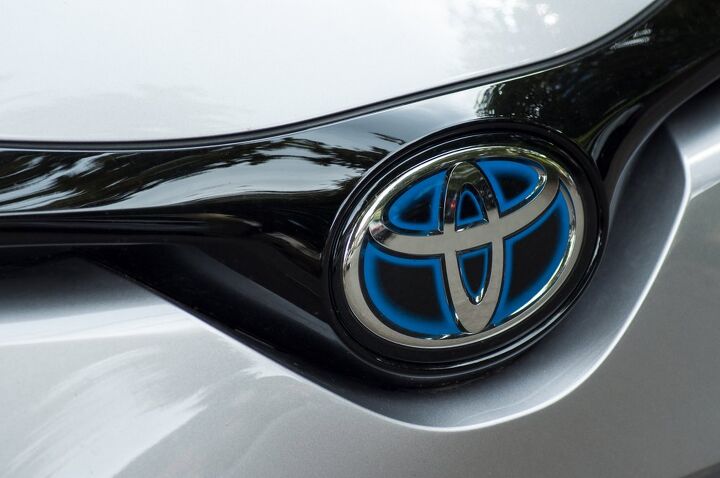














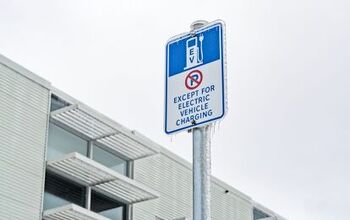

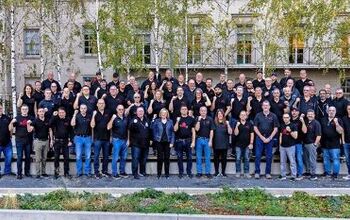

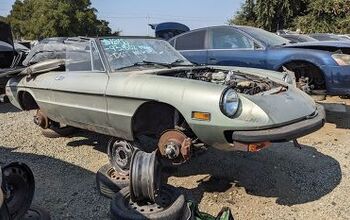

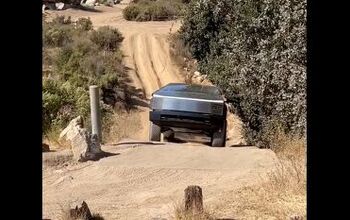








Comments
Join the conversation
But at least we didn't send $1400 to the bostom bomber in the stimulus. Oh wait. Anywho, can I hijack the thread to ask a question please? Is there going to be a 2022 Mazda MX-5 Miata produced and sold? Local dealer just told me Mazda is not taking orders and is making an all new model. First i've heard of that.
Is the credit limited to 200,000 vehicles or does it continue to be available for 6 months past the reaching of 200,000?